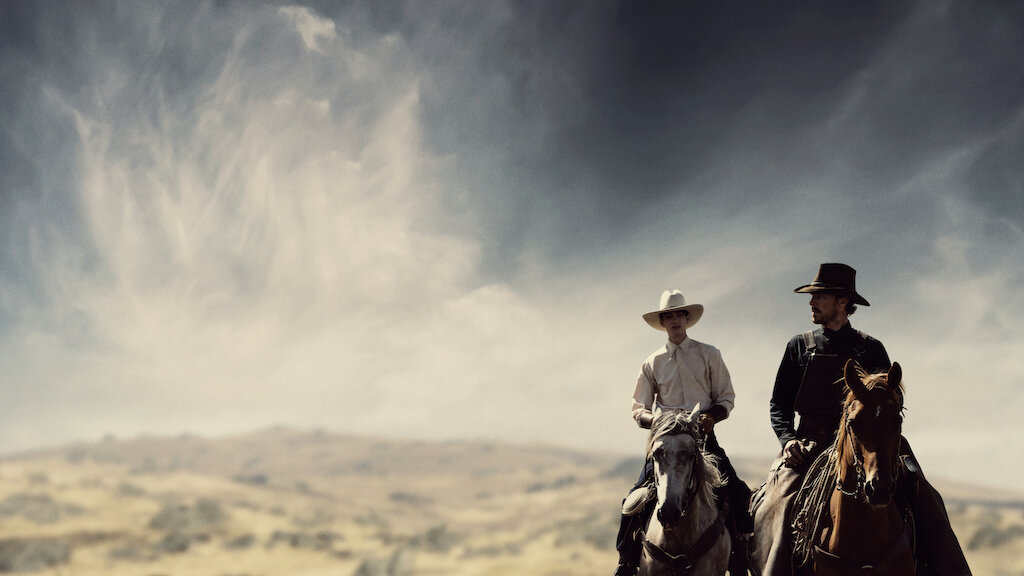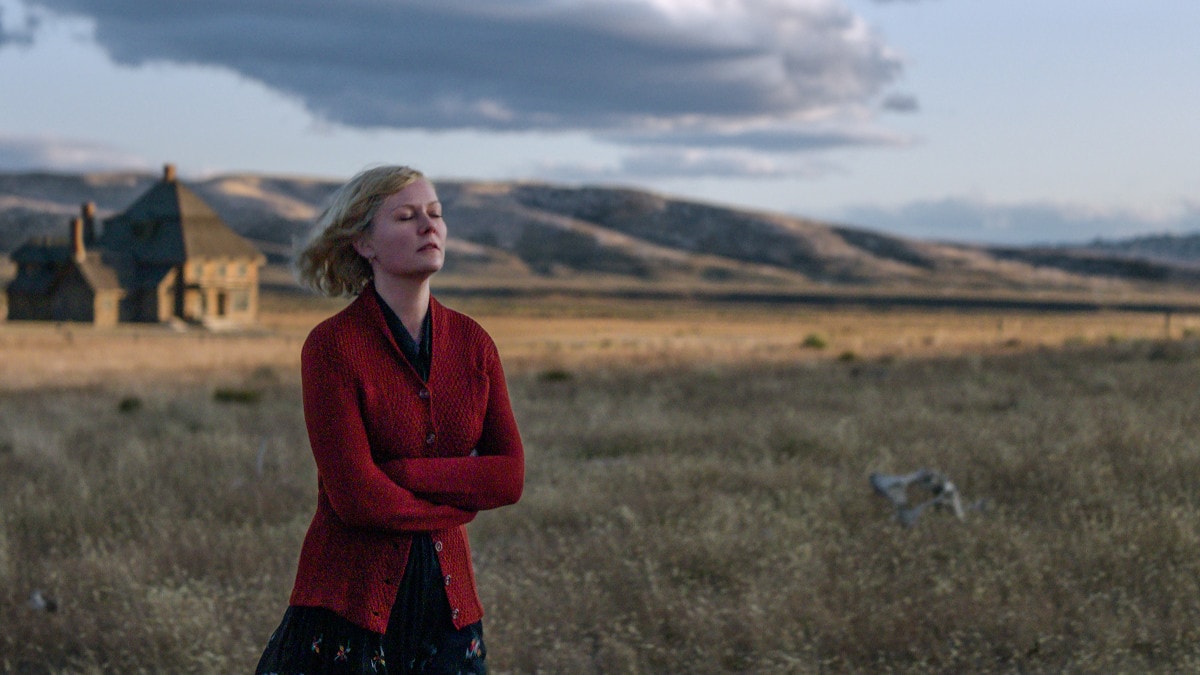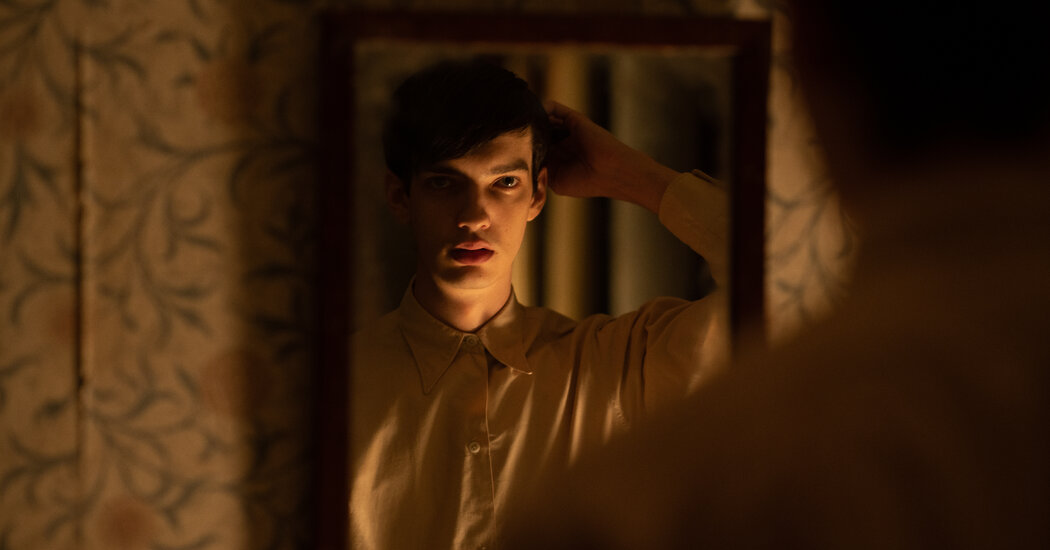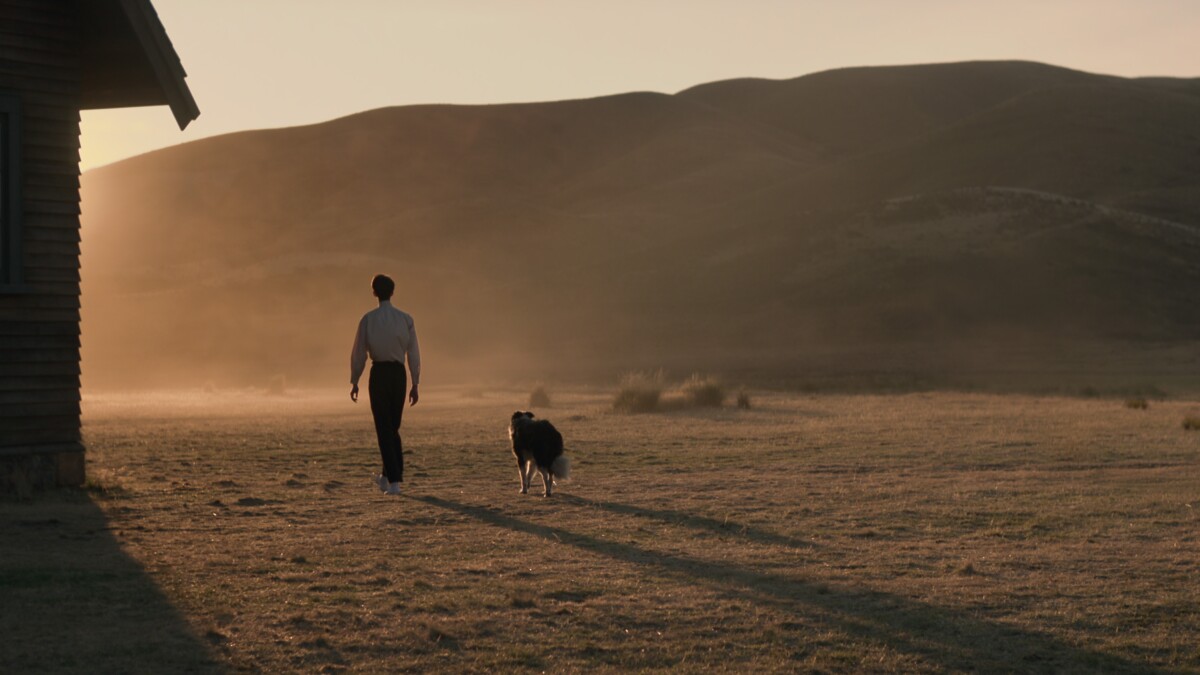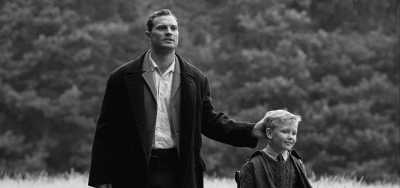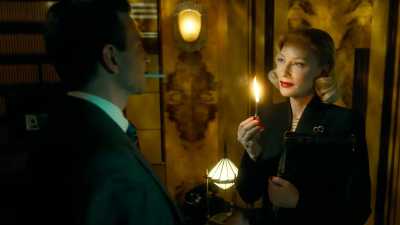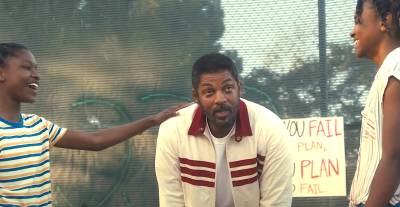Make The Case: The Power of the Dog
Part 6 in our "Make the Case" series leading up to the Oscars! All week we will be expostulating how and why each of the ten Best Picture nominees have a chance at winning the top prize at the 94th Academy Awards -- no matter how likely or unlikely their chances may be. Stay tuned for our Oscars Preview next week as we gear up for the ceremony on Sunday, March 27th. As always, be aware that there will be spoilers aplenty.
The Case
To this point, The Power of the Dog has been nearly unstoppable in its quest to win big at every major film guild/ceremony it has competed in. So far it has won Best Film at the BAFTAs, Best Picture at the Critics Choice Awards, Outstanding Directing – Feature Film at the Directors Guild of America Awards (DGAs), and Best Motion Picture – Drama at the Golden Globes (should I've even mentioned this?); it also secured a spot on the American Film Institute's Top 10 Films of 2021 list and will be competing for Best Theatrical Motion Picture at the Producers Guild of America Awards (PGAs) this coming weekend. Though it has been scooping up trophy after trophy for the past few months, the last and most significant test for this critical darling will come at this year's Academy Awards.
The Power of the Dog received a field-leading 12 Oscar nominations making it the first film directed by a woman to receive more than 10 nominations. A big night for Jane Campion would be particularly historic -- while she already became the first woman to receive more than one Academy Award nomination for Best Director, a win would make her the first woman to win the award twice; her winning in this category would also mark the first time in the history of the Oscars where Best Director was won in two consecutive years by a woman (Remember? Last year Chloé Zhao won for Nomadland and it was probably the highlight of the whole night). Here is the complete list of Oscar nominations The Power of the Dog received:
- Best Adapted Screenplay
- Best Actor (Benedict Cumberbatch)
- Best Supporting Actress (Kirsten Dunst)
- Best Supporting Actor (Jesse Plemons)
- Best Supporting Actor (Kodi Smit-McPhee)
- Best Cinematography
- Best Film Editing
- Best Original Score
- Best Production Design
- Best Sound
- Best Director (Jane Campion)
- Best Picture
That's an impressive haul for any film. And while The Power of the Dog has been on one hell of a winning streak, that is not to say that there hasn't been some turbulance or that the film doesn't have its detractors. The 77-year-old actor turned tone deaf curmudgeon, Sam Elliott, who is best known for "his portrayal of gruff cowboy characters in various Western films and series,1" recently made some rather tone deaf remarks in an interview with Marc Maron when talking about The Power of the Dog. Elliott referred to the movie as "a piece of shit," and is quoted with the following comments2 (please excuse this washed up outlaw's exorbitant potty mouth):
- (after comparing Cumberbatch's character to Chippendales dancers "who wear bowties and not much else" on stage) "That's what all these fucking cowboys in that movie looked like. They're all running around in chaps and no shirts, there's all these allusions to homosexuality throughout the fucking movie."
- "She's a brilliant director, I love her previous work, but what the fuck does this woman from down there, New Zealand, know about the American West? And why the fuck did she shoot this movie in New Zealand and call it Montana and say 'this is the way it was?' That rubbed me the wrong way, pal."
- "Where are we in this world today? It's not the biggest issue at hand, but for me it was the only issue because there was so much of it. I mean, Cumberbatch never got out of his fucking chaps. He had two pairs of chaps, a wooly pair and a leather pair. Every time he'd walk in from somewhere, he never was on a horse, maybe once, he'd walk into the fucking house, storm up the fucking stairs, go lay on his bed in his chaps and play his banjo. It was like, what the fuck? Where's the Western in this Western?"3
Normally, I wouldn't lean in to responding to this sort of thing at all, but I just can't help myself. First of all, Elliott referencing the film's 'allusions to homosexuality' tells you everything you need to know about his exceptionally keen eye for cinema (and his dogmatic adherence to 20th century Westerns). Allusions?! Yeah, no shit, Sherlock!! (pardon the pun, ey, Benedict?) Congratulations Sammy, you proved to us all that you seemingly did in fact (trying to mock him and drop my voice eighteen octaves) 'watch the fucking movie', as you would say.
Think of the scene where Kodi Smit-McPhee's character, Peter, sees Phil (Cumberbatch) bathing in a pond with a handkerchief around his neck after finding a hidden stash of magazines with depictions of nude men and Bronco Henry's name on them (Phil's late mentor/implied sexual partner); I'm confused -- was there just too much subtext in this scene for Elliott to decipher? After fifty years in the movie business, you'd think someone with as many acting credits as Elliott would be capable of reading between these not-so-subtle lines! He's so clearly flustered by how the Australian mountains look compared to the American West that he doesn't have the capacity to engage with the film at any meaningful level beyond his own personal, bigoted bias.
When Elliott asked "Where's the Western in this Western?", what he really was asking was, "Where's the traditional masculinity that I'm accustomed to and comfortable with in this Western?" -- what's most impressive is that he inadvertently managed to strike the thematic bullseye of this story while attempting to ridicule it. (Side note: Campion calling him a "BITCH" in response is classic -- though she is also in some hot water after making what she referred to as "thoughtless" comments4 in her acceptance speech at the Critics Choice Awards (she said, "Venus and Serena, you're such marvels. However, you don't play against the guys, like I have to." -- oooof yiikes, why Jane, why?!)) Fundamentally, it would be a disservice to this great film for me to spend any more time regurgitating up all this bullshit, so let's use this as a jumping off point to briefly talk about the filmmaking, the performances, and its chances as an Oscar headliner.
Phil Burbank (Cumberbatch) is a tyrannical rancher living in 1920's Montana; he bullies and torments everyone around him including his brother, George (Plemons). When widower Rose (Dunst) marries George and her effeminate son, Peter (Smit-McPhee) enter into the picture, Phil concentrates his unchecked aggression and mockery on his newly gained kin. Nothing is more disagreeable to Phil than the perception of weakness, and his chronically toxic behavior begins to abuse those around him and erode their kindheartedness. But what's fueling Phil's anger? As some characters come closer to understanding, others gradually deteriorate. Every choice along the way is delivered with the utmost subtlety and fidelity. In an effort to remain spoiler-free (please ignore the spoilers aplenty at the top), let's just say that a little bit of rawhide stirs up a lot of tension -- and the last fifteen-ish minutes are absolutely gripping.
It's worth handing out some well-deserved praise. The cast is absolutely stellar; Cumberbatch, in what might be his career best performance to date, tips his dusty hat to the classical Hollywood interpretation of cowboys living on the Western frontier while bringing his own unique energy. I'm excited to rewatch this and see what I pick up on in a second viewing, particularly from Dunst and Smit-McPhee. Ari Wegner's cinematography and Peter Sciberras' editing are top-notch. Johnny Greenwood's score is one of the year's best, and I can't wait to see what he does next. Campion's adaptation of Thomas Savage's book is brilliantly conceived, and she directs the hell out of it.
If I were to advise you on which film you should bet on to win Best Picture, your money would be best spent on The Power of the Dog. It's a patient film with big ideas and makes sure to not spoon-feed its audience. Campion knows how to pay tribute to the sort of Hollywood Westerns Sam Elliott is sentimental about without compromising her own ethos and vision. This a major work by a major filmmaker. Don't be surprised if its winning streak ends on a high note.






